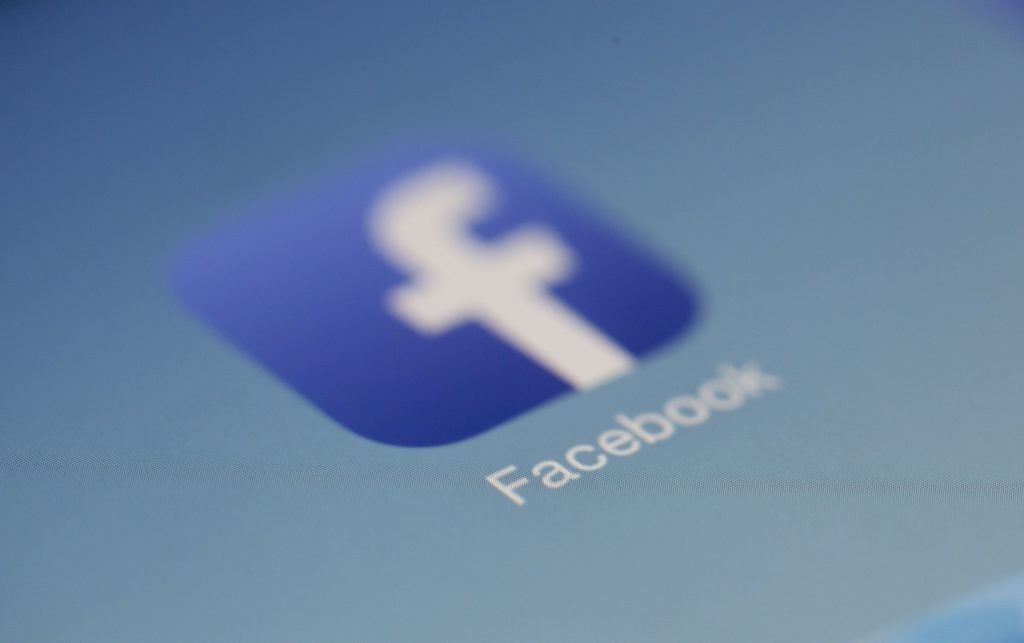As Uganda’s presidential election is carried out in full force today, current president Yoweri Museveni has blocked access to the popular social media platform Facebook, as well as limiting internet access in the country as a whole.
Earlier this week, Facebook removed a variety of fake accounts that it had linked to the Ugandan government. These accounts were allegedly coordinating “inauthentic behaviour” and attempted to manipulate public debate around the election, according to a report by The New York Times. According to the report, Mr Museveni (76 years old) is running for a sixth term in office.
In addition to this Uganda had a nationwide internet blackout, according to NetBlocks, which tracks Internet disruptions globally. “Findings reveal the extent of restrictions issued by order of the Uganda Communications Commission ahead of presidential and parliamentary elections on the 14th,” it reports.
⚠️ Confirmed: #Uganda is now in the midst of a nation-scale internet blackout on the eve of elections; real-time network data show national connectivity falling to 33% of ordinary levels as per government order in effect from 7 pm 📉 #UgandaDecides2021
📰 https://t.co/0qQtBcr4Fc pic.twitter.com/7kXbCyq2Fx
— NetBlocks (@netblocks) January 13, 2021
In a bid to try and control the free flow of information during a presidential election, the governing body decided to limit internet access across the whole region. “… network data show national connectivity at just 18% of ordinary levels; incident ongoing,” NetBlocks said in a tweet.
While the world had its eyes and ears glued to the reality show that is US politics, an entire country has lost access to the internet during a time where free speech is a crucial element.




